How to Manage and Reduce Relationship Anxiety

Understanding Relationship Anxiety
Relationship anxiety can be defined as a persistent feeling of worry or unease regarding one’s relationship, often characterized by fears of inadequacy, abandonment, or the unpredictability of the partner’s feelings. It can manifest both in new relationships and long-term partnerships, affecting one’s ability to fully engage and enjoy the bond with their partner. For instance, imagine Sarah, who constantly frets over whether her partner loves her enough. Despite reassurances, she often finds herself spiraling into thoughts that drive a wedge between them. This illustrates how relationship anxiety can distort perception and hinder emotional closeness.
Common Causes of Relationship Anxiety
Understanding the roots of relationship anxiety is essential for overcoming it. Here are some common causes that individuals face:
- Past Experiences: Previous relationships marred by betrayal or heartbreak can lead to heightened vigilance and fear in new partnerships.
- Fear of Abandonment: For many, the possibility of rejection can feel overwhelming, causing them to second-guess their partner’s affections.
- Low Self-Esteem: Individuals who struggle with self-worth often feel they aren’t deserving of love, prompting anxiety about their partner’s loyalty or commitment.
- Unrealistic Expectations: Sometimes, the pressure to achieve a “perfect” relationship can create unnecessary stress. Couples may find themselves worrying about meeting these elevated standards, amplifying feelings of anxiety.
- Poor Communication Skills: Difficulty in expressing feelings or needs can leave individuals feeling isolated and anxious within a relationship without a clear outlet for their emotions.
Recognizing these underlying causes can empower individuals to address their relationship anxiety more effectively, just like John, who learned to navigate his fears by confronting the roots of his anxiety through open dialogue with his partner. Understanding such dynamics is the first step in achieving healthier, fulfilling relationships.
Read also: Empower Your Health: Recognizing and Addressing 8 Triggers of Vaginal Pain.
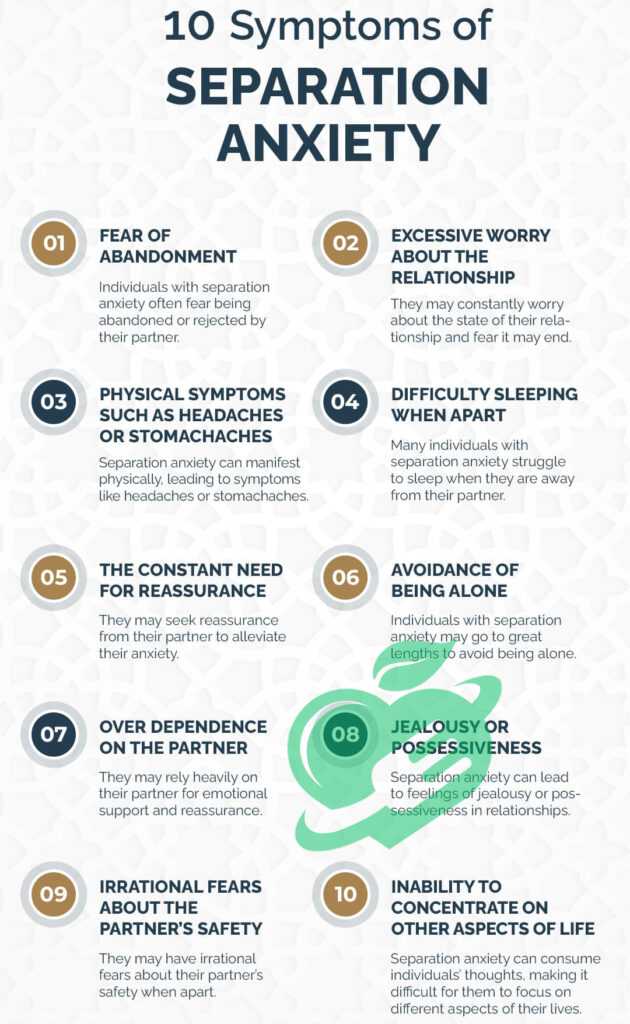
Signs and Symptoms of Relationship Anxiety
Recognizing the signs of relationship anxiety can be crucial for managing it effectively. Behavioral indicators often reflect internal turmoil, and these can manifest in various ways. Consider the following examples:
- Over-Texting or Calling: Individuals may frequently reach out to their partner for reassurance, often leading to feelings of annoyance or frustration on both sides.
- Avoiding Conflict: Instead of addressing issues upfront, some may choose to suppress their feelings to avoid any potential conflict, which can rear its head in other, less healthy ways later on.
- Clinginess or Neediness: Feeling the need to be close to their partner at all times, individuals facing anxiety may become dependent on their partner’s presence for feelings of safety and comfort.
- Social Withdrawal: Some might pull back from friends and family, choosing to focus solely on their romantic partner to stave off feelings of insecurity.
These behaviors can disrupt the natural flow of a relationship, as seen with Emily, who realized that her incessant texting was pushing her partner away rather than fostering closeness.
Emotional Manifestations
While behavioral indicators signal outward actions, emotional manifestations reveal the depths of anxiety within. Common emotional symptoms may include:
- Constant Worrying: An overwhelming sense of dread regarding the relationship often creates a cycle of negative thoughts.
- Insecurity: A pervasive sense of unworthiness can lead to a belief that one’s partner could easily find someone better.
- Mood Swings: The highs and lows of anxiety may result in unpredictable emotions, often leaving partners confused about their loved one’s feelings.
- Fear of Intimacy: Paradoxically, while some may crave closeness, they simultaneously fear it, causing them to build emotional walls.
Understanding these signs is essential for anyone facing relationship anxiety. For example, Sam, who noticed his frequent mood swings, sought help and discovered that his anxiety stemmed from unresolved past issues. By identifying these emotional manifestations, individuals can work towards healthier relationships and personal growth.
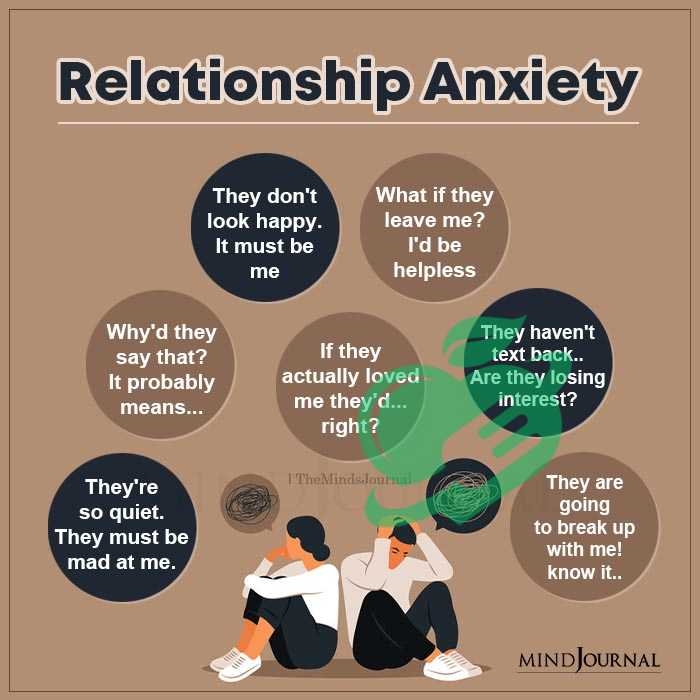
Impact of Relationship Anxiety on Relationships
When relationship anxiety takes hold, effective communication can become a struggle. Anxiety often breeds misunderstandings and hinders the open dialogue necessary for a healthy partnership. Here are some common communication challenges that arise:
- Fear of Vulnerability: Individuals may hesitate to express their feelings or fears for fear of judgment or rejection, leading to a cycle of silence.
- Over-Analyzing Conversations: Often, anxious partners will dissect every word spoken, questioning motives and intentions, which can lead to unnecessary drama.
- Defensive Responses: A partner might interpret innocent remarks as criticism, becoming overly defensive and further stifling productive communication.
- Misinterpretation of Signals: Anxiety can cause individuals to misread their partner’s signals, thinking a simple late response means their partner is upset or losing interest.
For example, when Mia expressed concern about her partner’s long hours at work, her partner felt attacked rather than understood, escalating tensions instead of opening up a productive conversation.
Trust Issues
Trust forms the foundation of any healthy relationship, but relationship anxiety can severely undermine this crucial element. When individuals grapple with anxiety, they often project their insecurities onto their partners, leading to significant trust issues. Here’s how:
- Constant Doubts: Individuals may frequently question their partner’s fidelity or devotion, which creates an atmosphere of suspicion.
- Jealousy: Relationship anxiety can trigger feelings of jealousy, leading to possessiveness and controlling behavior that can suffocate a partner.
- Reluctance to Commit: Fear of vulnerability may cause one to hesitate in fully committing to the relationship, which can create friction and feelings of insecurity on both sides.
- Withdrawal: Onto an extreme, individuals might emotionally withdraw or test their partner’s loyalty, leading to unnecessary stress.
Take Jake, for instance, who frequently doubted his partner’s intentions, leading her to feel unappreciated and mistrusted. Over time, this created a rift that only deepened their anxiety. Understanding these impacts can help partners address the root causes of their trust issues, fostering stronger bonds and significantly improving their relationship dynamic.
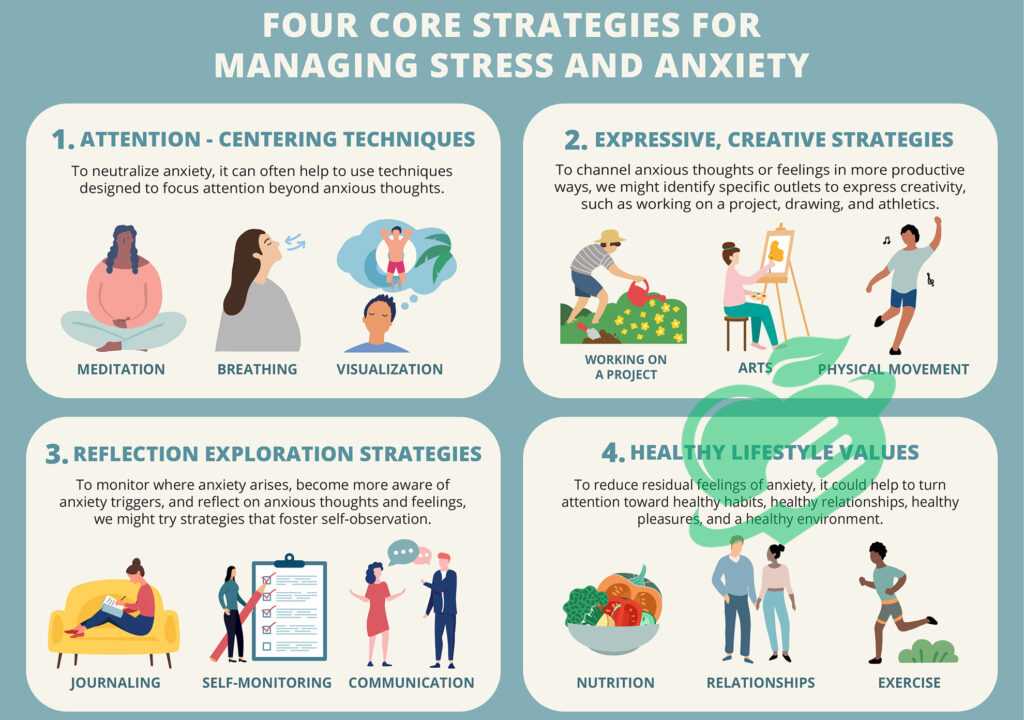
Strategies to Manage Relationship Anxiety
Navigating the waters of relationship anxiety can feel daunting, but effective communication techniques can pave the way for understanding and connection. Open dialogue is essential to counteracting anxiety-driven misunderstandings. Here are some strategies to enhance communication:
- Use “I” Statements: Instead of blaming or pointing fingers, express feelings using “I” statements. For instance, saying, “I feel anxious when you don’t text back right away,” invites understanding rather than defensiveness.
- Practice Active Listening: Listening to understand rather than to respond can help regulate anxiety levels. Show empathy by reflecting thoughts, such as “It sounds like you’re feeling worried about our future.”
- Set Regular Check-Ins: Designate time to discuss feelings and relationship concerns. This creates a safe space for both partners to share, reducing the buildup of anxiety over time.
- Avoid Assumptions: Instead of assuming the worst, seek clarity. For example, if your partner seems distant, ask them directly how they are feeling instead of jumping to conclusions.
These techniques can be illustrated by the experience of Laura and Matt, who struggled to communicate their fears. Once they started using these methods, their relationship became a haven for their anxieties rather than a source of stress.
Self-Care Practices for Anxiety Reduction
In addition to improving communication, self-care practices play a vital role in managing relationship anxiety. Focusing on personal well-being can enhance emotional resilience. Here are some effective self-care strategies:
- Mindfulness Practices: Techniques like meditation, yoga, or deep breathing exercises can help in reducing anxiety levels. Taking time to focus on the present moment calms racing thoughts.
- Journaling: Writing down thoughts and feelings can provide clarity and insight into emotional patterns. This practice allows individuals to process emotions without feeling overwhelmed.
- Engaging in Hobbies: Pursuing interests outside of the relationship fosters personal growth and happiness, which can lessen dependency and anxiety associated with the partner.
- Seeking Social Support: Staying connected with friends and family provides an essential support system, helping to balance feelings of anxiety with a broader perspective.
For instance, Emma found that dedicating time to painting not only relaxed her but also provided a fruitful outlet for her emotions, contributing to a calmer mindset in her relationship. By implementing these strategies, individuals can take proactive steps toward managing relationship anxiety and fostering healthier, more fulfilling connections.
Read also: Chest Symptoms: Common Causes & How to Get Relief
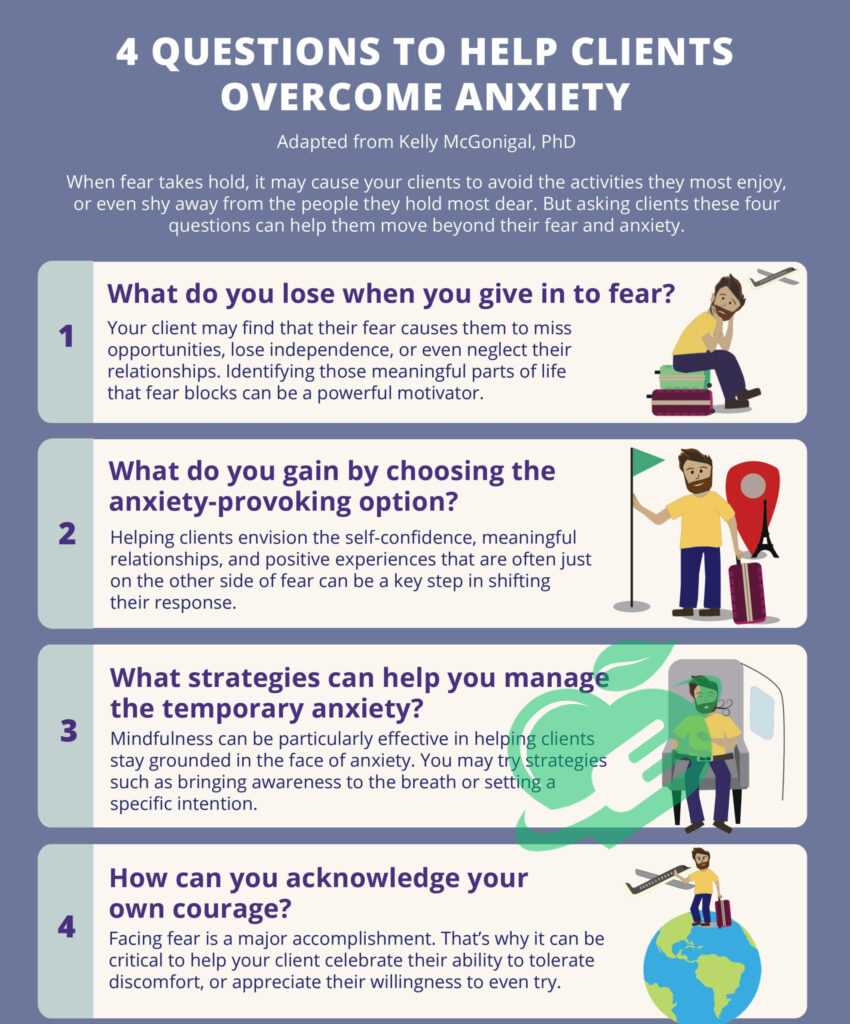
Seeking Professional Help for Relationship Anxiety
When relationship anxiety becomes overwhelming, seeking professional help can provide invaluable guidance. Various therapy options are available, each tailored to meet individual needs and preferences. Here are some effective approaches:
- Cognitive Behavioral Therapy (CBT): This popular therapy focuses on identifying and changing negative thought patterns. By restructuring how one perceives anxiety in relationships, CBT helps individuals develop healthier thinking habits and coping strategies.
- Individual Therapy: Sometimes, anxiety stems from personal issues that should be addressed in a one-on-one setting. Individual therapy allows clients to explore their feelings in depth, equipping them with tools to handle their anxiety.
- Group Therapy: For those who thrive in community settings, group therapy offers a space to share experiences with others facing similar challenges. Hearing different perspectives can be enlightening and provide a sense of solidarity.
For example, when David tried CBT, he learned to recognize and combat his automatic negative thoughts about his relationship, leading to significant progress in managing his anxiety.
Relationship Counseling
In addition to individual therapy, relationship counseling can be a game-changer for couples grappling with anxiety. This approach fosters open communication and collaboration between partners. Key benefits include:
- Safe Space for Discussion: Relationship counseling provides a neutral environment where both partners can express their feelings and concerns without fear of judgment.
- Skilled Facilitation: Trained counselors guide discussions, assisting couples in navigating tough conversations and helping to clarify misunderstandings.
- Goal-Oriented: Couples can set mutual goals for improving their relationship, helping to align efforts and expectations.
- Learning to Communicate: Counselors often teach essential communication skills that can help reduce anxiety levels and enhance overall relationship satisfaction.
Take Jess and Tom, who sought relationship counseling after realizing their anxiety was negatively impacting their connection. With the help of a counselor, they learned to communicate openly and build trust, creating a healthier, more supportive relationship. By exploring therapy options and utilizing relationship counseling, individuals and couples can effectively manage relationship anxiety, leading to lasting improvements in their emotional well-being and connection with each other.
Read also: How does diabetes affect your mood?
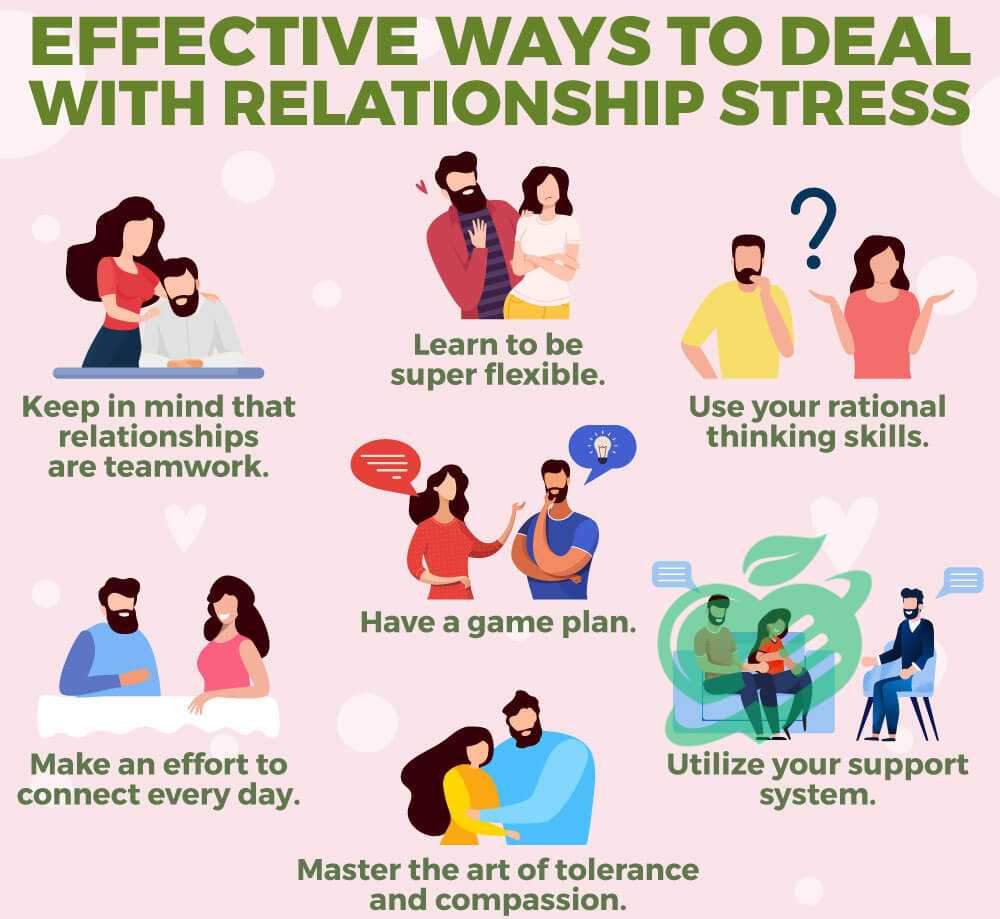
Building Stronger Relationships
Once you’ve addressed the anxiety in your relationship and sought professional help, the next step is to focus on building stronger bonds, starting with trust. Trust is the foundation that enables partners to feel secure in their relationship. Here are some strategies to strengthen it:
- Consistency is Key: Regularly follow through on promises and commitments. When one partner consistently meets their obligations, it fosters a sense of reliability that is crucial for trust.
- Practice Transparency: Openness about feelings, fears, and expectations lays the groundwork for a trustworthy relationship. Sharing thoughts honestly, even when it’s uncomfortable, can deepen the connection.
- Acknowledge Mistakes: Nobody is perfect. Being willing to admit when you’re wrong and demonstrating accountability can enhance trust rather than diminish it.
- Create Shared Experiences: Engaging in activities that foster collaboration can enhance trust, be it through team sports, volunteering, or attending workshops together. These experiences create bonds that reinforce the sense of partnership.
For example, Nina and Alex realized that scheduling regular date nights allowed them to reconnect and build trust. By prioritizing time together, they both felt valued and secure in their relationship.
Nurturing Emotional Connection
In addition to trust, nurturing emotional connections is vital for a strong relationship. Deepening emotional intimacy keeps partners engaged and committed to each other. Consider these approaches:
- Engage in Meaningful Conversations: Regularly set aside time to discuss not just daily activities but also dreams, aspirations, and feelings. These heart-to-heart discussions foster understanding and empathy.
- Be Affectionate: Simple gestures, like hugs, kisses, or casual touches, help reinforce emotional bonds. Physical affection can make a partner feel loved and secure.
- Practicing Gratitude: Periodically express appreciation for one another. A simple “thank you” for daily acts of care helps create a warm atmosphere and solidifies emotional ties.
- Support Each Other’s Growth: Encourage each partner to pursue personal goals while providing emotional support. Celebrating each other’s achievements, however small, nurtures a sense of teamwork.
Consider Mike and Jess, who made it a point to share their goals and dreams regularly. This practice brought them closer and gave them a platform to support and uplift each other. Couples can cultivate a resilient, lasting relationship built on love and understanding by strengthening trust and nurturing emotional connection.
Read also: From Panic to Recovery: Dealing with Anxiety Attack Hangover.
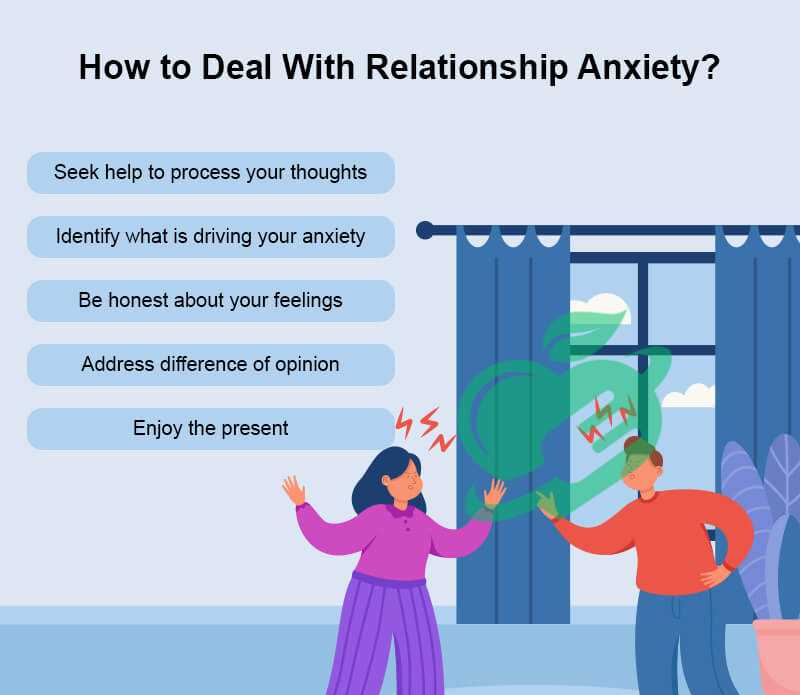
Overcoming Relationship Anxiety Triggers
One of the most crucial steps in managing relationship anxiety is recognizing the triggers that set off feelings of worry or insecurity. By understanding these triggers, individuals can start to address them constructively. Here are some key areas to consider:
- Past Experiences: Reflect on previous relationships. Often, unresolved issues from former partners can resurface. For example, if someone experienced betrayal in the past, they might feel anxious when their current partner is out with friends.
- Communication Styles: Some conversations or comments may inadvertently trigger anxiety. Pay attention to how specific words or tones affect feelings and reactions. For instance, if a partner’s tone during a disagreement feels dismissive, it may trigger feelings of inadequacy.
- Situational Factors: Recognize situations that elevate anxiety, whether it’s social gatherings, new environments, or significant relationship milestones. For example, attending a wedding together might spark fears of commitment in one partner.
- Body Language and Signals: Sometimes, a partner’s body language can create anxiety. Learn to identify when physical cues—like crossed arms or lack of eye contact—trigger feelings of uncertainty.
For Jamie, keeping a journal to track these triggers was a game-changer. Over time, she learned to recognize patterns in her anxiety, giving her insights into when and why it occurred.
Coping Mechanisms
Once triggers are identified, it’s essential to develop effective coping mechanisms to manage anxiety as it arises. Here are some strategies to help navigate those emotions:
- Challenge Negative Thoughts: When anxious thoughts surface, practice reframing them. Instead of thinking, “They will leave me,” remind yourself, “We are committed to each other, and we communicate openly.”
- Grounding Techniques: Use grounding exercises to stay present. Techniques such as deep breathing, counting to ten, or focusing on sensory experiences can help divert attention from anxious thoughts.
- Communicate Openly with Your Partner: Share your triggers with your partner. Having an open dialogue creates understanding and allows them to support you during anxious moments.
- Engage in Physical Activity: Exercise is a powerful tool for reducing anxiety. Regular workouts release endorphins, making you feel good and helping to alleviate stress.
For instance, Mia discovered that going for evening walks with her partner helped to calm her nerves. Discussing worries amidst the serenity of nature provided a nurturing space for connection and reassurance. By identifying triggers and practicing coping mechanisms, individuals can significantly reduce the impact of relationship anxiety, paving the way for healthier, more resilient partnerships.
Read also: From Theory to Reality: Exploring the Feasibility of Blood Tests for Anxiety Disorders
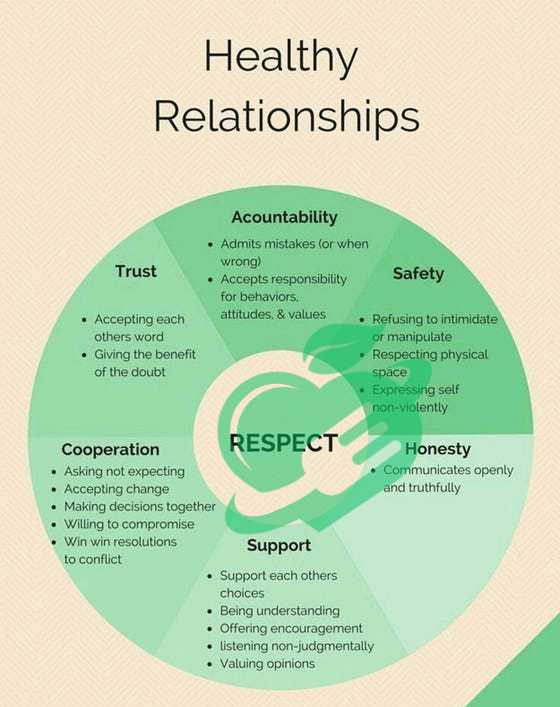
Maintaining Healthy Boundaries in Relationships
Establishing healthy boundaries in relationships is vital, serving as the framework for mutual respect and understanding. Boundaries help create a safe space where both partners can express their needs without fear of compromise or overstepping. Here are several reasons why boundaries are essential:
- Promotes Individuality: Healthy boundaries allow individuals to maintain their identity and personal interests, fostering growth both individually and as a couple.
- Prevents Resentment: When boundaries are respected, partners are less likely to feel overwhelmed or taken for granted, leading to a decrease in resentment that can build over time.
- Encourages Honest Communication: Clear boundaries facilitate open discussions about feelings, desires, and concerns, which can strengthen emotional connection.
- Enhances Trust: When one partner respects the boundaries of the other, it builds trust and security. This, in turn, encourages both partners to be vulnerable and honest.
For example, after realizing that she often neglected her own needs, Sarah set boundaries with her partner around her time. This not only helped her recharge but also enriched her relationship with newfound energy.
Setting and Communicating Boundaries
Now that we understand the importance of boundaries, how do we set and communicate them effectively? Here are some actionable steps:
- Reflect on Your Needs: Start by identifying your own needs and limits. What makes you feel comfortable or uncomfortable? For instance, do you need alone time after work to unwind? Knowing yourself is the first step in setting clear boundaries.
- Use Clear Language: When communicating boundaries, be direct and concise. For example, instead of saying, “I need some space,” say, “I need an hour alone after work to recharge.” This clarity helps avoid misunderstandings.
- Practice Active Listening: Encourage your partner to share their boundaries too. Listen attentively and validate their feelings. This collaborative approach fosters mutual respect.
- Be Prepared for Pushback: Sometimes, partners may test new boundaries. Stay firm yet compassionate; reiterate the importance of boundaries without compromising your own needs.
- Regularly Revisit Boundaries: As relationships evolve, so do boundaries. Check-in with each other periodically to discuss and adjust boundaries as needed.
Frequently asked questions
What is the 3-3-3 rule of anxiety?
The 333 technique can be employed to manage anxiety when you feel triggered. To practice it, simply identify three things you can see, and three sounds you can hear, and then move three different parts of your body. Many individuals find this method useful for concentrating and stabilizing themselves when anxiety feels intense. The 333 technique is a widely recognized and informal approach to dealing with anxiety. 1
What is relationship anxiety called?
Relationship anxiety refers to a situation where an individual feels ongoing uncertainty, fear, or concern about their relationship. They might require frequent validation or prioritize their partner’s needs and desires over their own. Medical professionals refer to this condition as relationship anxiety or relationship-based anxiety.2
Is it relationship anxiety or am I not in love?
Differentiating between relationship anxiety and a deficit of love can be quite difficult. Recognizing the distinction necessitates introspection and, at times, the assistance of a professional. Relationship anxiety typically stems from feelings of fear and concern, whereas a lack of love is marked by apathy or an absence of warmth. 3
Is it relationship anxiety or am I unhappy?
Pause for a moment and consider: “Am I dedicating more time to worrying about this relationship instead of enjoying it?” It’s possible to feel this way during difficult times. However, if you find yourself feeling this way frequently, you may be experiencing relationship anxiety. 4
Am I losing feelings or is it anxiety?
Feelings of anxiety in a relationship may frequently be confused with a loss of love. However, it’s important to understand that relationship anxiety is based on fear, whereas falling out of love is usually defined by a sense of indifference or a decrease in affection.
Follow us for more updates and breaking news, as we provide you with everything new.
- healthline ((↩))
- medicalnewstoday ((↩))
- grouporttherapy ((↩))
- healthline ((↩))




Hola, volia saber el seu preu.
Please take a look at about us